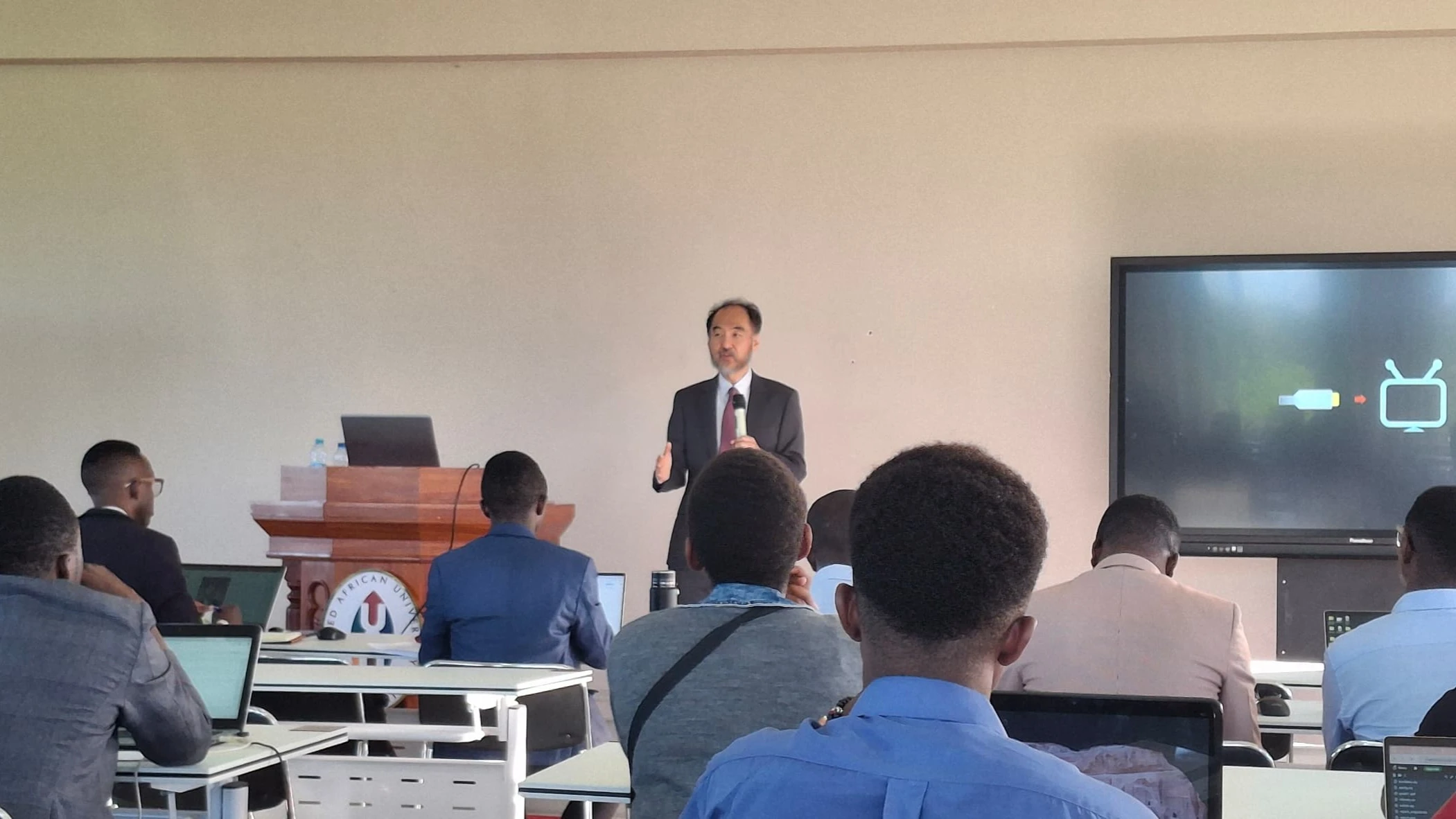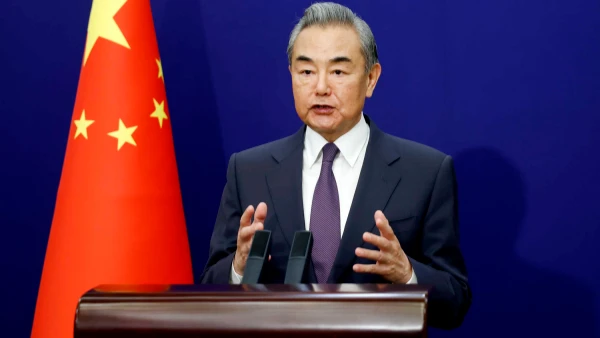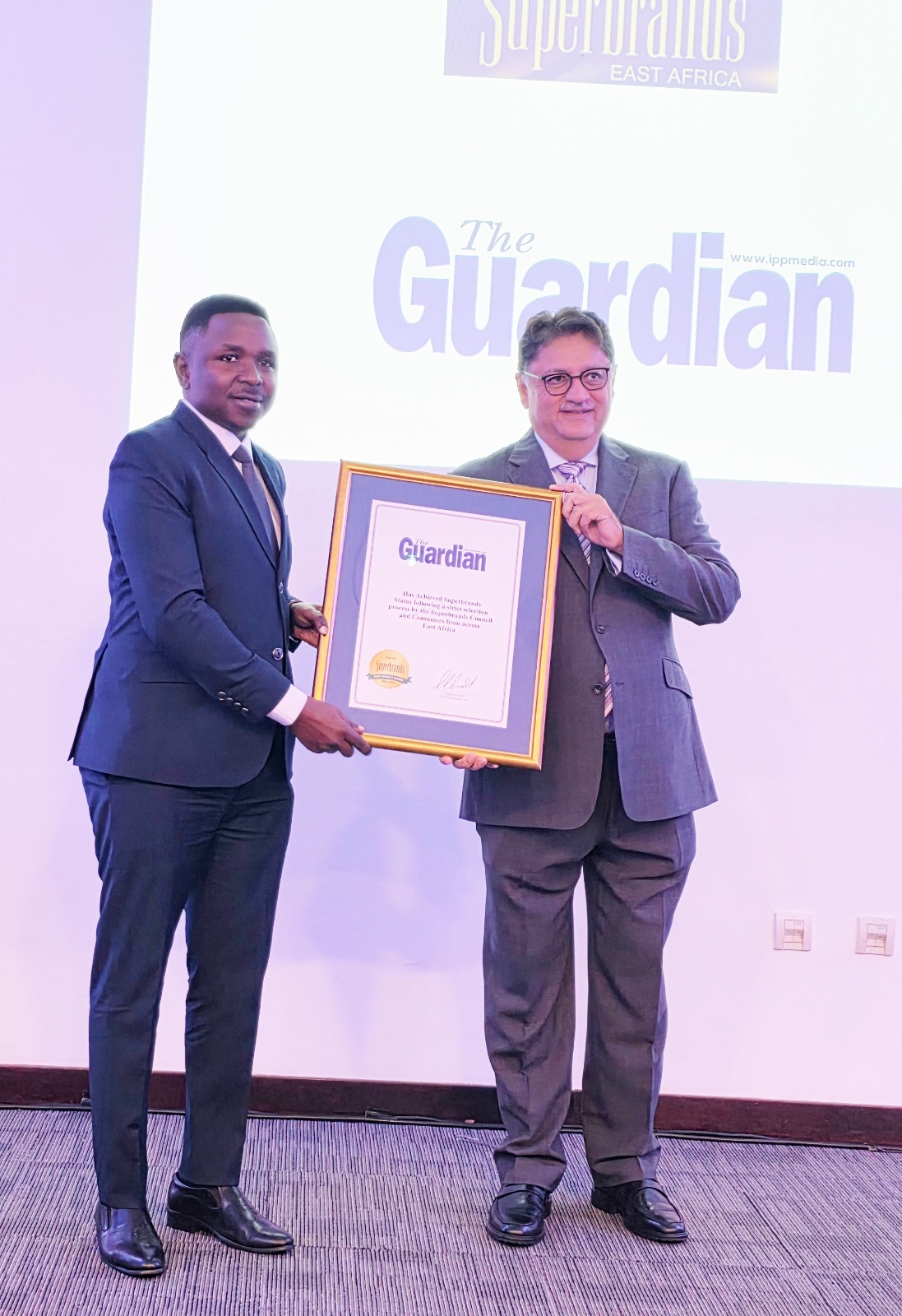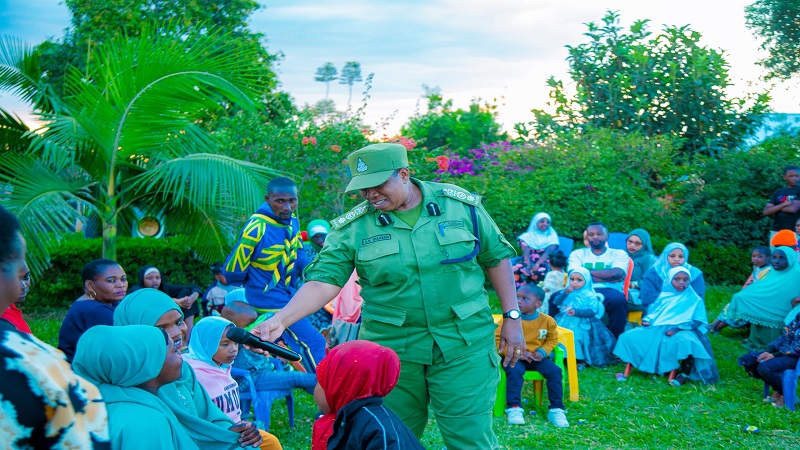Beehive factory project set to boost honey production in Singida region

A state-of-the-art beehive manufacturing plant to be established in Kisaki, Singida municipality, is poised to transform Tanzania’s apiculture sector, potentially increasing annual honey production to 40,000 tonnes. The factory, to be located at Nyuki village, is projected to cost over 6 billion/- and is expected to catalyse job creation, environmental conservation, and rural economic development.
The ambitious project is the result of a strategic partnership between Nyuki Village Co. Ltd, Singida-based enterprise, and Udzungwa Investment Ltd, a firm operating out of Kilolo District in the Iringa Region. The two companies formalised their collaboration through a recently signed agreement aimed at harnessing the vast potential of Tanzania’s beekeeping industry.
Speaking during the signing ceremony, Philemon Kiemi, Chief Executive Officer of Nyuki Village Co. Ltd, said the factory will manufacture a modern beehive model known as the “Singida Techno-hive”, developed after over 12 years of research and field trials. These advanced beehives are designed to increase honey yield, improve bee safety, and make harvesting easier for beekeepers.
“Our target is to produce 1.2 million modern beehives within five years,” said Kiemi. “This will not only improve honey output but will also create more than 6,000 direct and indirect jobs across the country.”
Venance Mwamoto, CEO of Udzungwa Investment Ltd, echoed Kiemi’s sentiments, saying the project represents a major milestone for Tanzania’s agricultural and environmental sectors. He noted that the partnership aligns with national priorities to boost non-traditional exports and empower rural communities.
The project is expected to significantly increase the production of not just honey, but also other high-value bee products such as beeswax, royal jelly, and propolis—which have growing markets both locally and internationally.
Kiemi further called on the Ministry of Natural Resources and Tourism to support the initiative by declaring all national forest reserves as official beekeeping zones. He argued that such a move would improve the sustainable use of forest resources while simultaneously protecting biodiversity.
“We also propose that communities be allowed to place beehives within forest reserves free of charge, provided they use modern inputs and sustainable practices,” he added. “This will encourage more people to take up beekeeping and reduce pressure on forests from destructive activities like charcoal burning.”
With over 50 percent of Tanzania’s landmass covered in forests and about 90 percent of the population depending on them for their livelihoods, Kiemi stressed that beekeeping presents a unique opportunity for sustainable development. He estimates that, with proper investment and policy support, Tanzania could produce over 100,000 tonnes of bee products annually.
“This industry has the potential to become a major contributor to the national economy,” he said. “It supports conservation, empowers communities, and aligns with global climate and sustainability goals.”
Construction of the factory is expected to begin later this year, with production projected to start in 2026.
Top Headlines
© 2025 IPPMEDIA.COM. ALL RIGHTS RESERVED






















